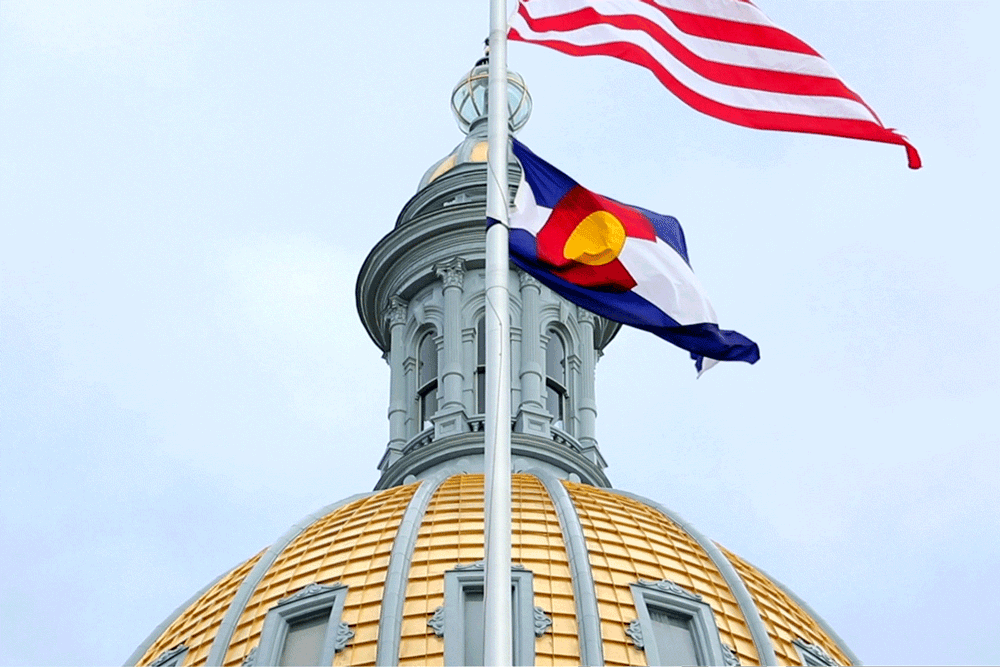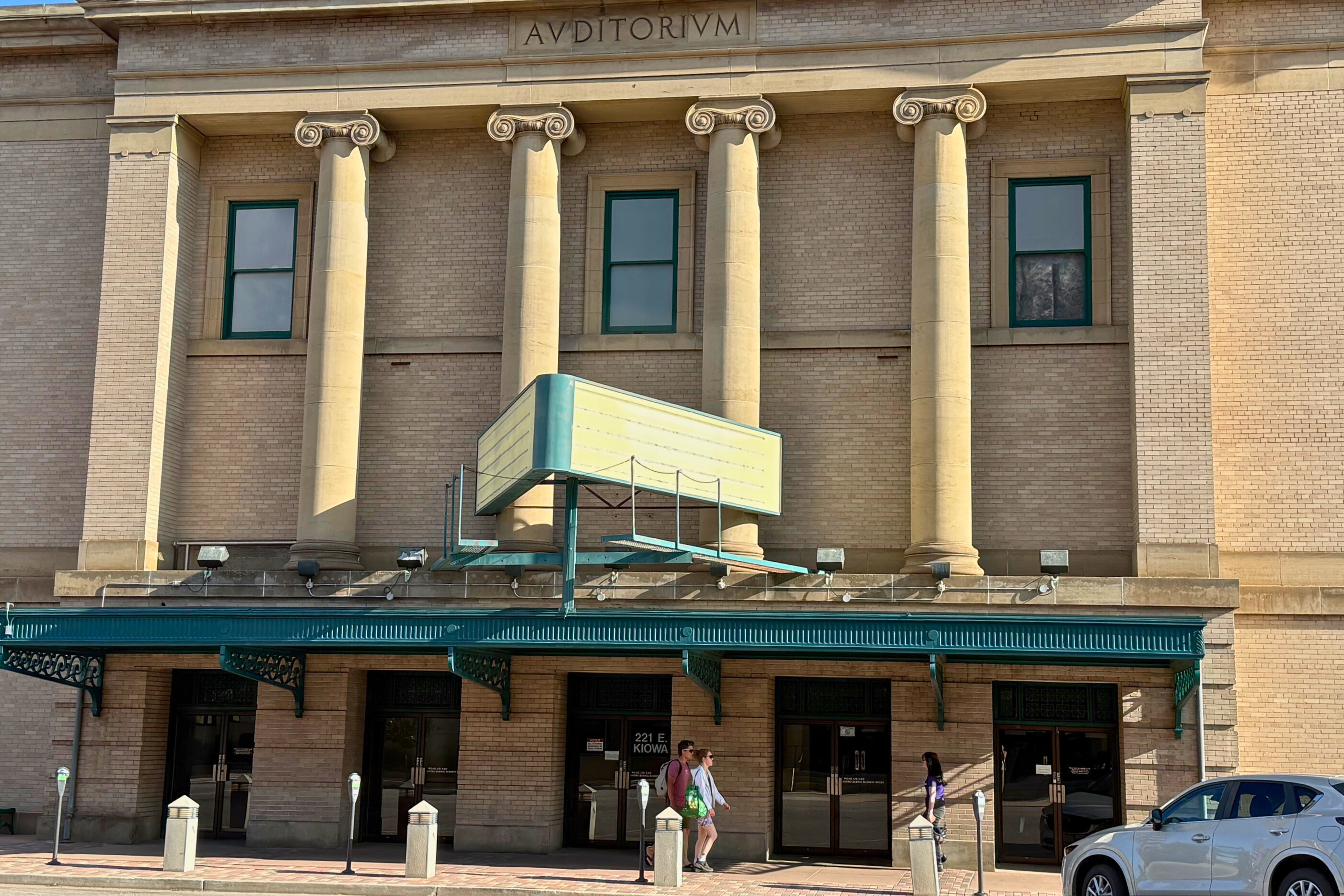
Colorado is now accepting applications for the state's redistricting commissions, the bodies that in 2021 will be in charge of drawing new congressional and state legislative districts.
This is the state's first time using citizen panels for redistricting. Voters overwhelmingly the process approved in 2018 in an effort to make redistricting less of a partisan blood sport. The two commissions — one for Congress and one for the state legislature — will each have 12 members: four Democrats, four Republicans and four unaffiliated voters.
The state website lays out the criteria to apply. Those who are interested have until November 10 to apply.
The many-phased selection process will include random lotteries and winnowing down by legislative leaders and a panel of judges. The goal is to prevent political interests from trying to sabotage the process and unfairly advantage their side. The final commissions must "to the extent possible, reflect Colorado's racial, ethnic, gender, and geographic diversity."
Once established, the commissions will take testimony at a series of public meetings around the state and then craft the maps based on the latest data from the U.S. Census. Districts must have an equal number of people in them, be as compact as possible and preserve "communities of interest and political subdivisions," such as cities and counties, as much as possible. Along with that, commissioners are instructed to create as many politically competitive districts as possible.
The next redistricting process is expected to be particularly high stakes because Colorado's population has grown enough that the state is likely to gain an eighth seat in the House of Representatives.
Currently, Colorado is represented in the House by four Democrats and three Republicans. Democrats also control both state legislative chambers.
In the past, redistricting was left in the hands of the state legislature, a process that inevitably landed in court, with Colorado's justices essentially picking the final map each time for the past 40 years.
Colorado is now one of four states to use independent commissions to draw all of its districts.









